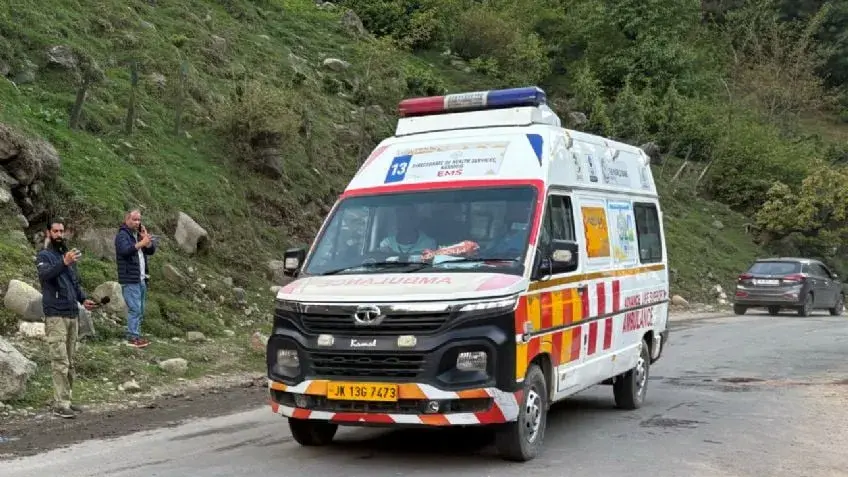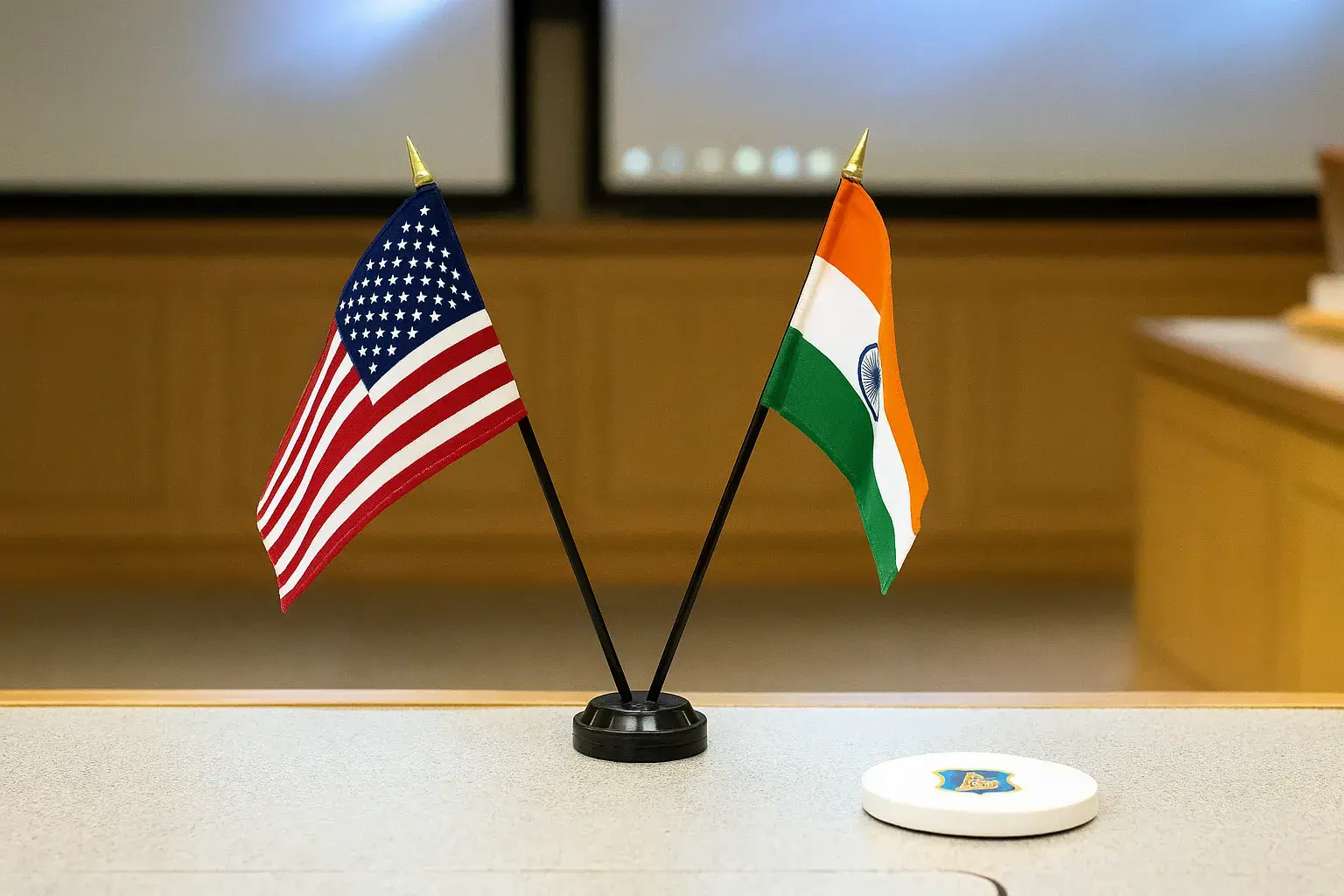India has expelled several Pakistani diplomats, closed the Attari border crossing, and suspended the Indus Waters Treaty, accusing Islamabad of supporting cross-border terrorism.

Pakistani Prime Minister Shehbaz Sharif has convened a meeting of the National Security Committee (NSC) for April 24 to discuss a response to the recent measures taken by India following a deadly attack in the Indian-controlled region of Kashmir that left 26 people dead, most of them Indian tourists.
The attack occurred on Tuesday, April 22, in the Baisaran meadow near the tourist town of Pahalgam, in Indian-administered Kashmir. Gunmen, whose connections are still under investigation, opened fire on a group of tourists, killing 24 Indians, one Nepali, and a local guide. At least 17 others were injured in the attack, one of the deadliest against civilians in the region in years.
Pakistan’s Foreign Minister, Ishaq Dar, announced on social media that the National Security Committee would meet to address recent developments and decide on an appropriate response. The meeting comes after the Indian government adopted a series of retaliatory measures against Pakistan, alleging the attack showed clear cross-border links to its neighbor.
India’s Retaliatory Measures
The Indian government, led by Prime Minister Narendra Modi, responded swiftly to the attack with a range of actions, including the expulsion of several Pakistani diplomats and the immediate closure of the Attari border crossing, the only official land route between the two countries. Additionally, India suspended the Indus Waters Treaty, a key agreement signed in 1960 that regulates the shared use of rivers crucial for Pakistan’s agriculture.
India’s Foreign Secretary Vikram Misri announced these measures after a Cabinet Security Committee meeting in New Delhi. According to Misri, India believes the terrorist attack was carried out by militants supported by Pakistan. The Indian government has called on Pakistan to “credibly and irreversibly” end its support for insurgent groups operating in Kashmir or face further sanctions.
The measures also include the withdrawal of defense and military advisers from both embassies and the reduction of diplomatic personnel from 55 to 30 people starting May 1, 2025. Despite escalating violence and tensions, the Indian government stressed that these actions are necessary to protect its territory and prevent future attacks.
Kashmir has been a flashpoint between India and Pakistan since both nations gained independence in 1947, with both countries claiming sovereignty over the territory. Since 1989, Kashmir has seen an armed insurgency against New Delhi’s control, with tensions escalating in recent years. India accuses Pakistan of supporting insurgents, an allegation Islamabad has repeatedly denied.
The recent attack has reignited tensions in the region, particularly after India’s 2019 revocation of Kashmir’s semi-autonomous status. That move triggered a wave of violence and repression, including the deployment of additional troops and the use of special military powers to deal with dissent in the region. While Kashmir has experienced several deadly attacks in recent years, especially against Hindus and migrant workers from other Indian states, this incident marks one of the few in which tourists were directly targeted.
An insurgent group called the Resistance Front (TRF) has claimed responsibility for the attack in a statement posted on social media. According to the TRF, the attack was a response to the Indian government’s policies, including the relocation of non-local populations to Kashmir. The group, previously unknown, is believed to be a derivative of Lashkar-e-Taiba (LeT), a Pakistan-linked militant organization responsible for several attacks in India.
Indian police have classified the attack as an act of terrorism, and Defense Minister Rajnath Singh vowed that the government would take severe action not only against the attackers but also against those who conspired to carry it out. Meanwhile, Indian security forces have launched a massive operation in Kashmir to track down the perpetrators and bolster the military presence in the region.
The attack has had a significant impact on tourism in Kashmir, a region known for its natural beauty, particularly in areas like Pahalgam and Srinagar. Despite constant military presence and security restrictions, Kashmir had seen an increase in tourist arrivals in recent years, attracted by its mountainous landscapes and Dal Lake houseboats. However, following the attack, many tourists have begun leaving the region out of fear of further violence.
Monojit Debnath, a tourist from Kolkata, told the Press Trust of India of his concern for his family’s safety: “Kashmir is undeniably beautiful, but we cannot stay here if our safety is at risk.” Omar Abdullah, the region’s top elected leader, expressed regret over the exodus of tourists in a message on social media, though he understood the decision of those choosing to leave.
Keep Independent Journalism Alive
In a world flooded with noise, independent journalism is more vital than ever. We work hard to bring you clear, accurate, and unbiased international news — free from corporate or political influence.If you believe in the power of honest reporting, please consider making a donation. Every contribution, big or small, helps us stay independent and keep the world informed.
Support us via PayPalYour support makes a difference.


